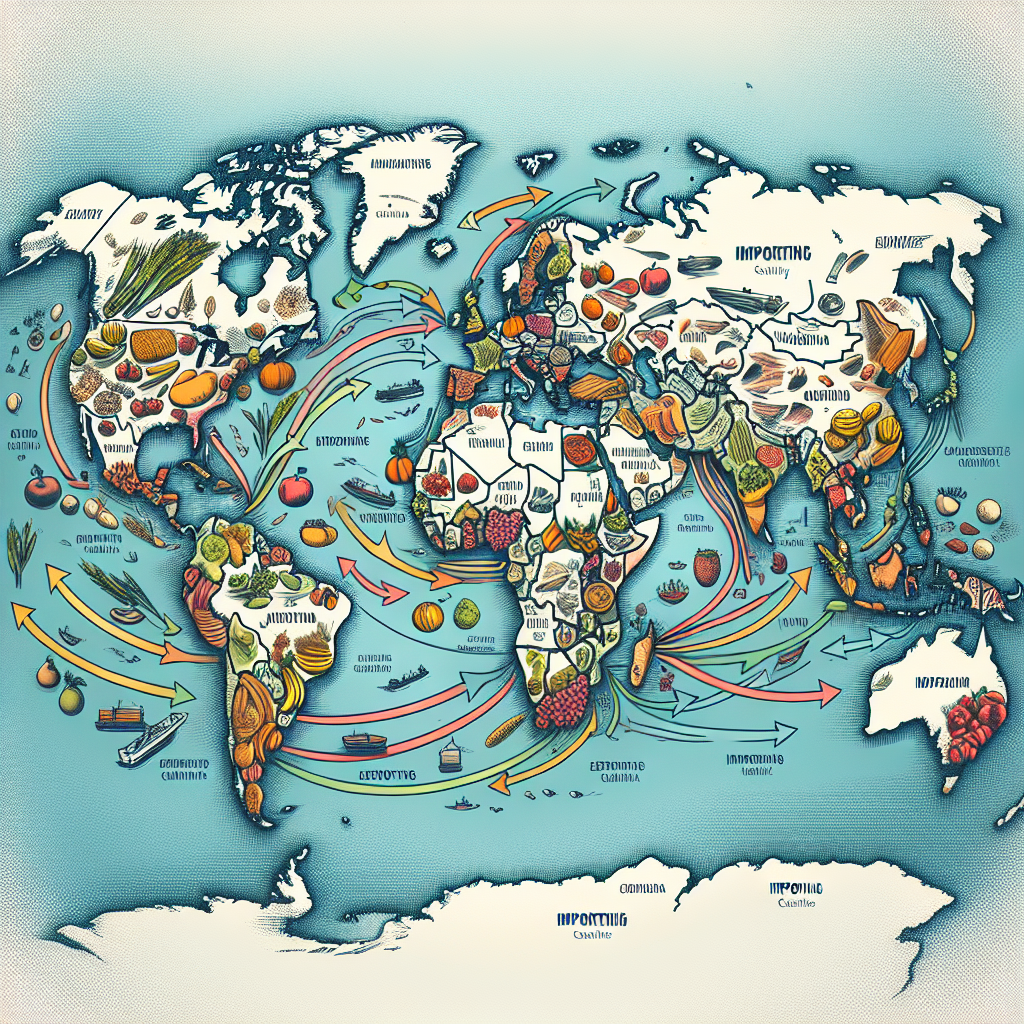In this age of interconnectivity and rapid globalization, transporting commodities from one region to another is as essential as it is complex. While true across all types of goods, it’s especially pertinent when dealing with food products – a sector that often finds itself at the intersection of health concerns and trade relations.
Policy Overview
The latest trend in this landscape has been shaped by sweeping changes to international food safety regulations. The trail of evidence leads to these policy amendments being significant game changers for how we view transportation ethics and logistics.
Historical Context
To understand the magnitude of these changes, we need first to appreciate their historical backdrop. Traditionally, transportation firms have been largely exempted from stringent oversight when it comes to food safety—a situation now shifting under new regulatory norms.

Stakeholder Perspectives
Faced with stricter compliance requirements concerning sanitation standards and traceability protocols, stakeholders ranging from logistics providers to consumers are re-thinking their respective roles in this system.
Economic Impact
Data-driven insights suggest a potential ripple effect on employment numbers and cost structures within freight companies due to increased investment in personnel training and infrastructure upgrades mandated by these rules.
Social Consequences
The socio-cultural dynamics are equally compelling – heightened awareness around safe food handling amid pandemics could influence consumer behaviour profoundly while translating into demanding expectations for transport entities at large.”…
Implementation Challenges
The road to compliance could be rocky with obstacles such as investment costs and the need for policy coherence among different jurisdictions posing significant challenges.
Success Metrics
In this reformative period, success metrics may likely be determined by reduced foodborne illness incidents, enhanced transparency across the supply chain, and improved consumer trust in food products imported from abroad.
Alternative Approaches
Future Projections’
– As more nations embody these norms into their domestic rules, experts predict a universal uptick in transparent and accountable practices within the transportation industry.Recommendations-Policymakers should aim at multi-stakeholder consultations to ensure smooth transition periods. Simultaneously, transport companies must embrace these changes as ethical imperatives rather than just legal necessitations.



